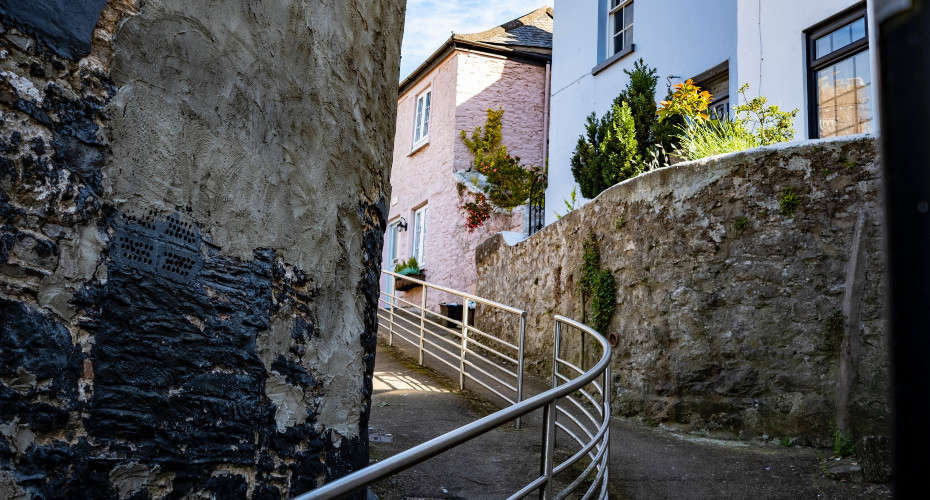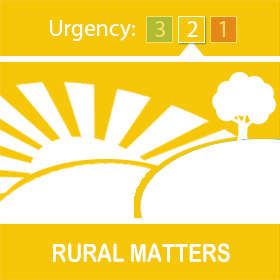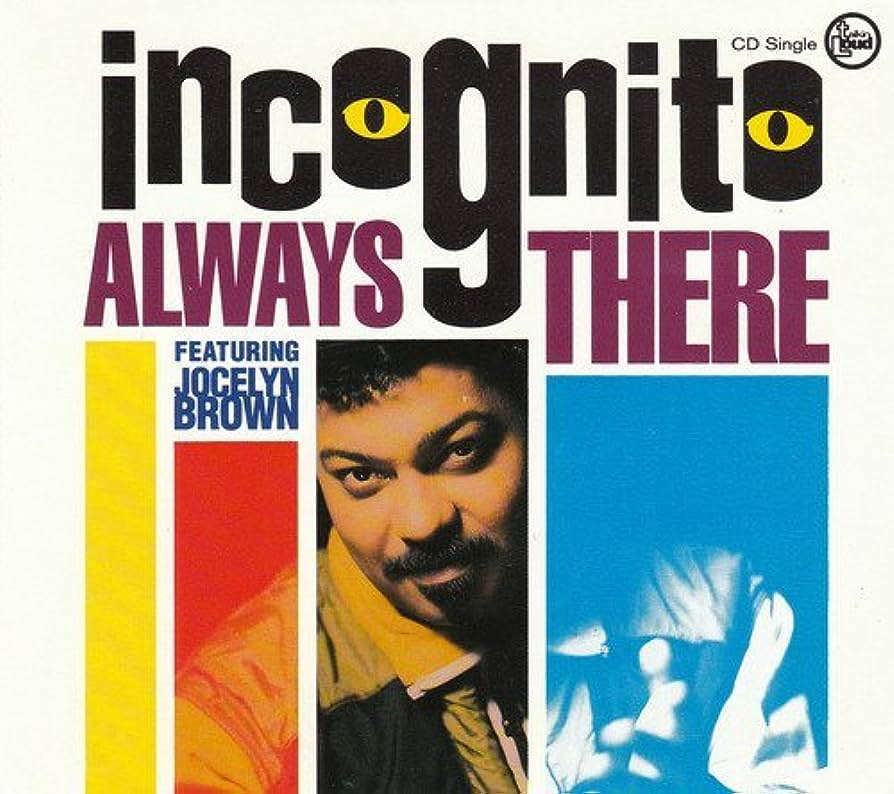
New measures are needed to control the growth of short-term lettings because they are leading to a shortage of homes for locals, members of the Devon Housing Commission have warned.
The popularity of organisations such as Airbnb are responsible for properties being switched from longer-term lets, severely impacting those in need of a rented home.
Commissioners have written to Michael Gove, Secretary of State for Levelling Up, Housing and Communities, and Lucy Frazer, Secretary of State for Culture, Media and Sport, to express their concerns.
The Housing Commission – which has been established by the Devon Housing Task Force, is a partnership between the eleven local authorities across Devon, Plymouth and Torbay – and supported by the University of Exeter. Commissioners are developing recommendations to start to address the broken housing markets across Devon.
People and organisations in Devon can have their say on issues related to housing by responding to a survey.
Evidence collected for the Commission at the University of Exeter suggests an increase of over 10 per cent in second homes across Devon since 2021. In the South Hams 1 in 11 homes are out of use, being either second, holiday or empty homes. Some wards in Devon have more than 10 per cent of their housing stock as holiday homes – rising to over 30 per cent in Salcombe and Thurlestone.
Impact on Local People
The letter sets out the need to enable councils to limit growth of short-term lets by private landlords and companies, while still enabling people to supplement their income by letting rooms in their own homes.
It says there is widespread concern in Devon at the number of properties being switched from longer-term to short-term lettings, which is severely impacting local people in need of a rented home. The Commission believes this switching is a key reason for the fall of 50 per cent in private lettings across the county and by as much as 67 per cent in North Devon alone (2019 -2021).
The short-term lettings phenomenon is also affecting would-be homeowners, where landlords purchasing properties for short-term letting are pricing out local first-time buyers.
New measures
The letter sets out two proposals for legislative change. First the requirement for registration of short-term lettings, in order to establish the facts: this is necessary not least because the organisations concerned, such as Airbnb, are unwilling to share the necessary data with local authorities and bodies like the Commission. Second, the requirement for a change of use planning consent for any new short-term letting: this would enable each local authority to determine how many more holiday lettings of this kind should be created in their area.
The Commission recommends government should pursue measures to reform current tax arrangements to create a more level playing field. Currently properties used for short-term lettings do not need to comply with the same safety and energy efficiency requirements as for longer term lettings or for hotel or bed and breakfast accommodation. By creating companies to own and let such properties, owners can pay less tax and take advantage of small business rate relief.
The Commission recognises that the Government is giving powers to local authorities to increase council tax on second homes by up to 100 per cent. The letter says Commission welcomes this move and recommends councils ring fence the extra revenue for meeting the housing shortages that second homes can exacerbate.
Spare Rooms
The letter says the Commission seeks no changes for any lettings within owners’ own homes. The Commission does not wish to discourage these lets and advocates continued tax exemption for income from spare rooms in owner occupiers’ properties.
The Commission is recommending the creation of a planning Use Class for short-term lettings. Use classes specify the type of property and the intended occupation. The Government is currently consulting on the possible change to the planning regime and the Commission is urging adoption of the use class approach.
The Commission recommends local authorities not affected by the change in the letting market should be able to opt out of the registration scheme and the requirement in their area for Change of Use planning consents. This ensures decision making remains with local authorities.
Devon Housing Commissioners are Charles Courtenay, the Earl of Devon, Cllr John Hart, Leader of Devon County Council, Karime Hassan, former Chief Executive of Exeter City Council, Professor Anna Mountford Zimdars, Director of the University of Exeter’s Centre for Social Mobility, Keith Miller, Deputy Chair of Cavanna Homes, Judy Pearce, former Leader of South Hams District Council, Cllr Chris Penberthy, Housing Lead of Plymouth City Council, North Devon MP Selaine Saxby, Jaqueline Starr, incoming Chair of LiveWest Housing Association, Cllr Dave Thomas, Leader of Torbay Council and Alison Ward, Director of Middlemarch Community Led Housing.
Local authorities involved are: Devon County Council, Exeter City Council, East Devon District Council, South Hams District Council, Plymouth City Council, North Devon District Council, Mid Devon District Council and Teignbridge District Council, West Devon Borough Council, Torridge District Council and Torbay Council.

 Criminal investigation into suspended Chief Constable dropped
Criminal investigation into suspended Chief Constable dropped
 Devon families receive their primary school place offers
Devon families receive their primary school place offers
 Theft of Quad Bike / Livestock Trailer and / Farm Tools - Tiverton and Withleigh Area
Theft of Quad Bike / Livestock Trailer and / Farm Tools - Tiverton and Withleigh Area
 Stay vigilant for ticket fraud ahead of top events and concerts this summer.
Stay vigilant for ticket fraud ahead of top events and concerts this summer.












